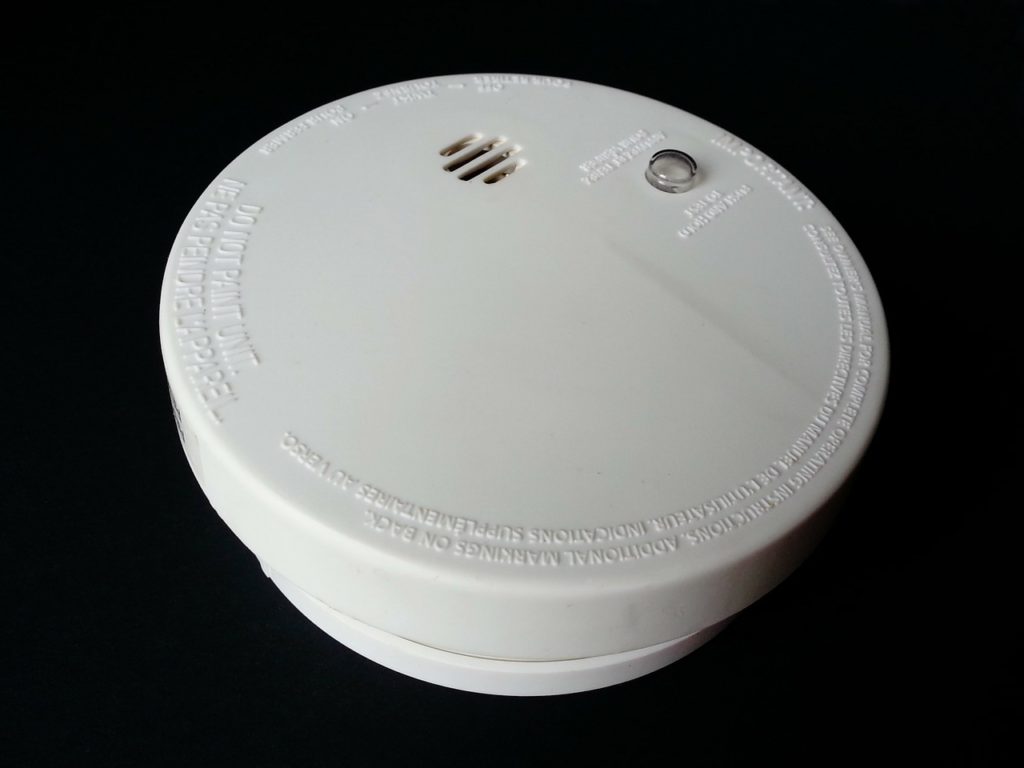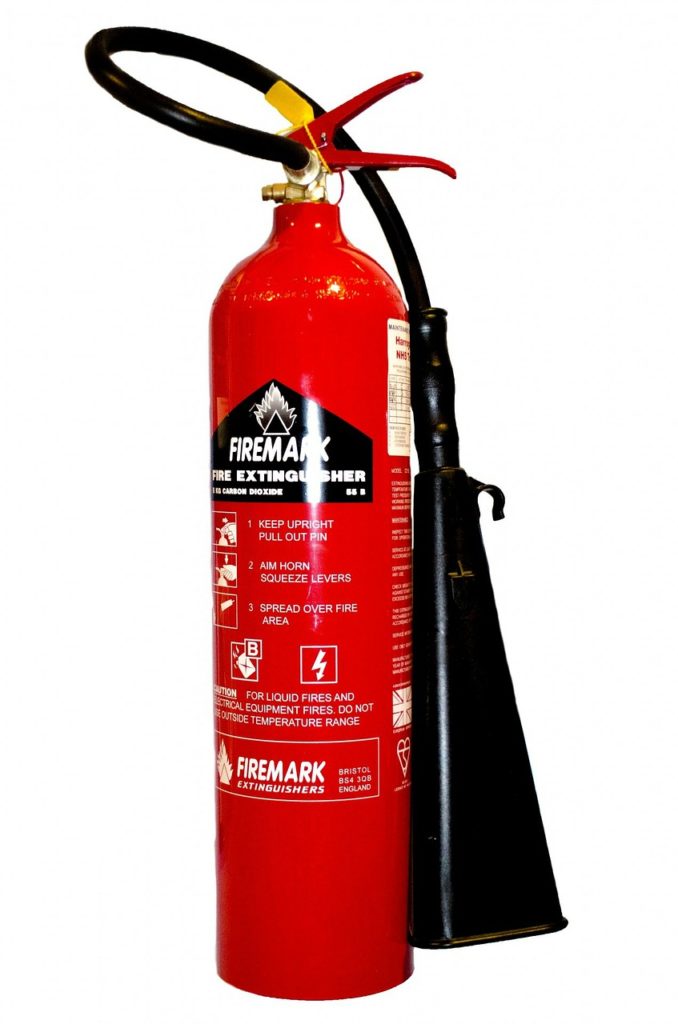Fire Prevention starts with YOU!
Ok I get it. That sounds like every piece of fire prevention propaganda out there, but that’s for good reason, it’s the truth!
Canada has approximately 24,000 homes catch fire every year, 1/100 of those are fatal. The leading cause in all preventable house fires is cooking equipment. Smoking materials like cigarettes are the number 1 ignition source in all fatal, preventable, house fires.
Fires are most likely to start in the kitchen, bedroom and/or living room. It was found that more than ⅓ of the homes in those fatal, preventable house fires didn’t have working smoke detectors.
Accidents happen, the best way to prevent serious injury, property damage or death from a fire is to be prepared.
The difference between life and death could be something as simple as a smoke alarm.
So let’s talk Fire Prevention

Do you have Smoke Alarms (Detectors) in your home?
Smoke alarms can save lives. It’s not enough to just have them, they need to be properly installed in your home, and they should be regularly checked and properly maintained.
Important Considerations:
- Install alarms outside of every bedroom or sleeping area in the house, including the basement.
- Follow every step of the manufacturers label found on the smoke alarm
- Alarms should be tested once a month. If your smoke alarm doesn’t have a test button you can hold a freshly extinguished candle below and the alarm should sound within a few seconds. Consider replacing the smoke alarm if it doesn’t have a test button as it may be out of date or not up to code.
- Change the batteries as often as recommended on the manufacturers label. Changing the battery should be the first step in troubleshooting an unresponsive fire alarm.
- Replace alarms every 10 years
Do you have a Fire Extinguisher in your home?
Keeping a fire extinguisher in your home incase of a small fire is a great idea. Make sure you know how to use it before a fire breaks out. They can be tricky to figure out if you’ve never used one before, especially in a high pressure situation like part of your home catching fire.
These are especially handy in the kitchen. A small grease fire can erupt if not treated properly. Remember never splash water on a grease fire! If an extinguisher isn’t available, smother the flame with a lid or pan and turn off the heat source (burner, element etc).
When buying a smoke detector there are some considerations. Fire extinguishers have different classes and strengths, make sure you’re getting the correct one for your needs.
Fire Extinguisher Classes:

CLASS A – ordinary burnable materials ( wood, pape, cloth)
CLASS B – flammable liquids ( oil, grease, gas)
CLASS C – electrical fires caused by tools or equipment that are plugged in
CLASS D – flammable metals (magnesium)
CLASS K – fats, vegetable or animal oils in cooking appliances
Most extinguishers are designed to handle multiple types of fires and are labeled with multiple letters ( B-C, A-B-C).
Some extinguishers have numbers before the letters to determine the effectiveness. The bigger the number the bigger the fire they are designed to extinguish.
They come in different sizes as well 5kg, 2kg, 1kg and stovetop. It’s important to get a size that you can comfortably use. Have your fire extinguisher inspected regularly and make sure to charge it after every use.
Do you have an Evacuation plan?
Take the time to prepare an Evacuation Plan for your home, and make sure that everyone in the home (especially any young kids) fully understand it. Make sure the exits are properly laid out and a safe meeting area outside is established. When evacuating, keep below the smoke line. Test closed doors for heat before opening them. Run through different scenarios and teach the importance of calling 911. If it’s unsafe to call from in the house, set a contingency. Consult with neighbours and ask if they can provide a safe place to go in the event of a fire. Teach your family fire safety and practice the plan regularly, injury prevention is in your hands.
A few extra tips to prevent a fire:
- Never leave a burning candle unattended
- Never run power cords under a rug or heavy furniture
- Store matches and lighters in a safe secure place
- Inspect you home for fire hazards like overloaded electrical outlets
- Make sure you’re not using a higher wattage light bulb than required for a light fixture
- Keep combustible items (wood, paper, rage etc) away from heat sources
- Store flammable liquids in the proper containers and away from any heat source
- If you smoke in the house make sure all cigarettes are fully extinguished when finished. Watch for falling ash, a small ember will smoulder before igniting in your couch or carpet so you may not notice a fire starting right away. Remember smoking materials are the number one ignition source of all fatal, preventable house fires in Canada.
- Christmas trees- Buy artificial. Real trees dry out fast making them more likely to ignite.
- Don’t put lights or ornaments on the tree if they emit heat, stick to LED. Don’t overload electrical outlets with lights and decorations.
- Don’t leave Christmas tree lights on unattended.
- Install fire alarms and extinguishers and create an evacuation plan.
Very few people assume a fire will happen to them and I’m one of those people. According to the statistics there are approximately 24,000 fires annually in Canada. Compare that to the number of homes in Canada and it’s easy to see that most people probably won’t be affected by a house fire in their lives.
Despite the low risk, the stakes are just too high. It is not a bet I’m willing to take, especially when it comes to the safety of my family. For me, it’s worth having all the necessary precautions in place, just in case. It’s better to be safe than sorry.
Most people driving today won’t get into a serious car crash, but I bet the ones that do are happy they wore their seat belts. Most of the roofers working on tall buildings today won’t fall off, but I bet the ones that do are pretty glad they wore their safety harness.
Fires happen and prevention is in your hands.
sources:
https://www.canada.ca/en/health-canada/services/home-safety/fire-safety.html
https://www.sgicanada.ca/news?title=fire-prevention-and-safety
https://www.puroclean.ca/blog/5-tips-buying-fire-extinguisher/